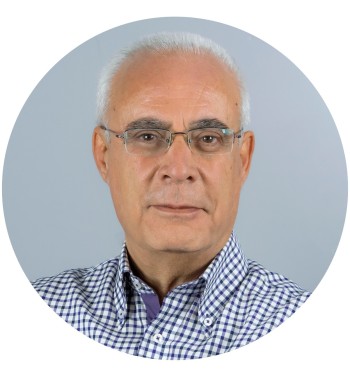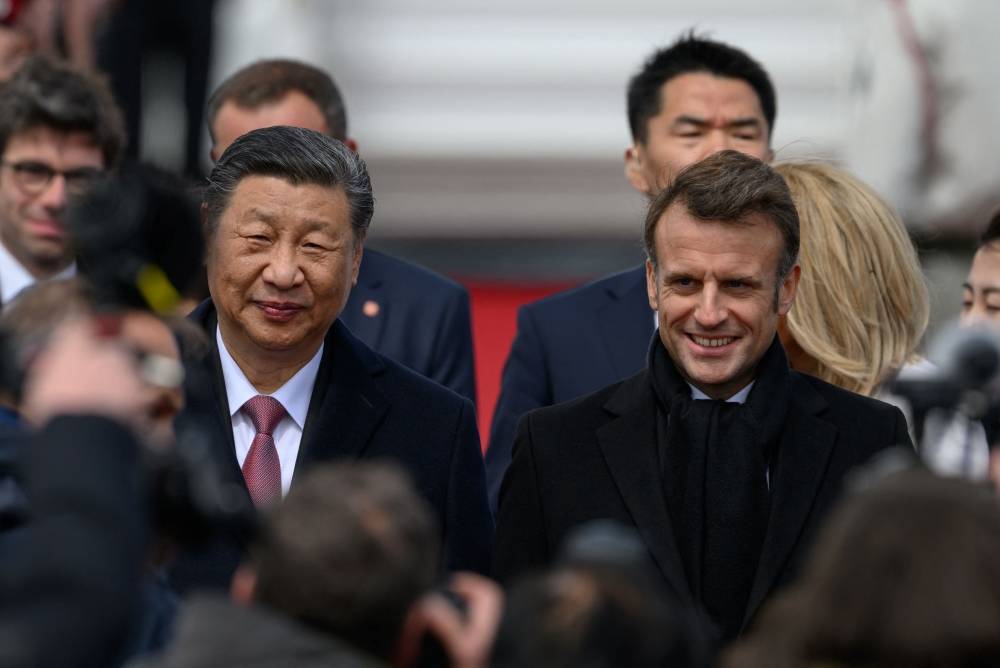The warm welcome given to Xi Jinping during his state visit to Paris couldn't hide the tensions in Sino-French and Sino-European relations. Although currently fragile, these relations are bolstered by a mutual desire to strengthen a growing commercial partnership despite significant economic and political divergences.
China and the European Union share a common goal: avoiding a trade war that would primarily benefit the United States. European leaders aspire to take a different approach to Beijing than the United States, both in terms of economic competition and international issues.
During his visit to France, Xi Jinping faced open criticism from Emmanuel Macron, particularly regarding the Russia-Ukraine war and China's strategy of flooding the European market with subsidized industrial products, such as electric cars. Macron called these issues an "existential threat."
Along with other European leaders, Macron believes that China continues to support Russia in technological and electronic areas, including dual-use equipment that fuels the armed conflict. By purchasing Russian energy resources banned in Europe, China financially supports the Kremlin, enabling it to circumvent sanctions imposed by Europe and the United States.
Ursula von der Leyen, President of the European Commission, accompanied Macron in his discussions with Xi. She repeatedly emphasized that the future of EU-China relations depends on China's stance on the Ukraine conflict. Together with Macron, she urged China to reduce its delivery of dual-use goods to Russia, as they inevitably end up on the battlefields in Ukraine.
Macron, who has increasingly taken an anti-Russian stance in recent months, has not ruled out sending French troops to Ukraine to prevent a victory for Vladimir Putin, which would be seen as an encouragement to threaten neighboring nations.
Europe urges Xi to play a more active role in softening Russia's position, while the United States pressures Beijing to stop supplying semiconductors and other essential equipment to Russia. Following U.S. Secretary of State Antony Blinken's visit to Beijing last month, Washington imposed further sanctions on Chinese companies accused of supplying sensitive materials to Russia.
With Vladimir Putin's visit to Beijing approaching, Macron and Ursula von der Leyen's concerns about the Ukraine crisis are evident.
The European Union also imposed trade restrictions in February on three Chinese technology and electronics companies accused of selling materials used in the military sector. More sanctions could follow, European officials say.
China denies any involvement in the Russia-Ukraine conflict. In an article published in Le Figaro ahead of his arrival in Paris, Xi stated that China "understands the effects of the Ukraine crisis on the European people" and insists that Beijing does not participate in the crisis or its fighting, instead playing "a constructive role in seeking a peaceful resolution."
The West calls on China to stop supplying weapons to Russia to avoid an imbalance of forces on the ground. In an interview with The Economist last Thursday, Emmanuel Macron emphasized, "It's in our interest to persuade China to support the stability of the international order... So we must work with her to build peace."
With Vladimir Putin's visit to Beijing approaching, Macron and Ursula von der Leyen's concerns about the Ukraine crisis are evident.
The EU's trade concerns are no less significant than those arising from the Ukraine conflict. With China being the EU's main trading partner, European leaders approach trade disputes cautiously.
According to the Wall Street Journal, Chinese manufacturers are flooding Europe with electric cars, solar panels, and other goods due to massive overproduction and declining domestic consumption. China's slow post-COVID economic recovery, coupled with falling real estate prices, youth unemployment, and economic contraction, has heightened fears of a massive export strategy.
The EU criticizes China's state support for electric car manufacturers, which disrupts trade balance. While French manufacturers feel the effects of this support, Germany hesitates to impose higher tariffs on Chinese imports for fear of retaliation against its investments in the Chinese automotive market. Olaf Scholz declined Macron's invitation to join the discussions with Xi.
China, taking advantage of European divisions, continues to compete economically with the continent. It threatens to respond to any sanctions against its automotive sector by targeting emblematic French products like brandy and cognac.
However, during the 60th meeting of the Franco-Chinese Business Council in Paris, French Minister of Economy Bruno Le Maire insisted on the need for a balanced and sustainable economic partnership. "We're still far from that balance," he said, referring to the 46 billion euro trade deficit France faces with China.
In this tense atmosphere, Macron painted a grim picture of Europe's future at a conference at the Sorbonne last month, warning that the continent is "threatened with death" if it doesn't rise to challenges posed by the Russia-Ukraine war and by its economic and intellectual lag behind the United States and China.
Please post your comments on:
[email protected]
 Politics
Politics








